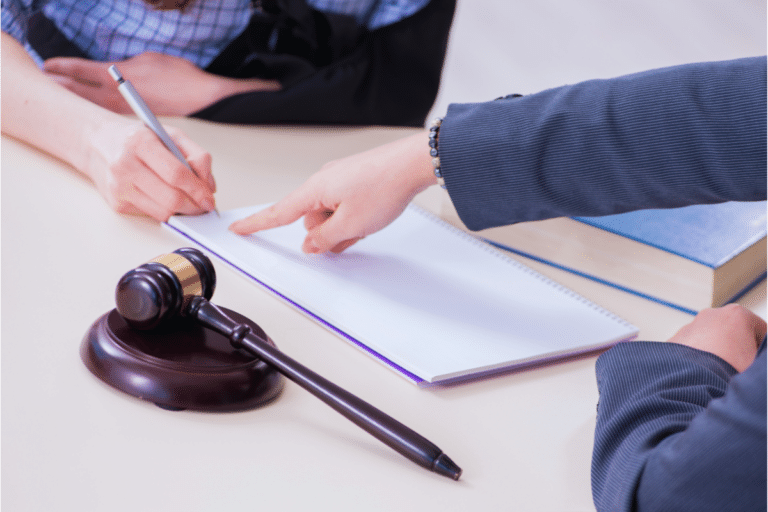Utah is a no-fault state, meaning that liability does not immediately factor into car accident insurance claims. Regardless of which driver was to blame for the crash, you can still recover compensation by filing a claim with your own auto insurance company.
A skilled Utah car accident attorney from Feller & Wendt, LLC™ can help you file a successful insurance claim after a crash, as well as pursue any legal claims you may have against other drivers. Call us today at 801-499-5060 for a free consultation.
Utah Insurance Requirements
All Utah drivers must meet the state’s minimum auto insurance requirements. A Utah auto insurance policy must include:
- At least $3,000 in personal injury protection coverage.
- At least $30,000 in bodily injury liability coverage per person in a single accident.
- At least $65,000 in total liability coverage for a single accident the policyholder causes when one or more people involved in the accident suffered bodily harm.
- $25,000 or more in property damage liability coverage for any property damage the policyholder causes in an accident.
Most minor accidents generally end with the injured driver’s own insurance policy. If the driver’s injuries led to less than $3,000 in medical expenses, there is no need to pursue legal action against an at-fault driver.
However, you may still want to explore your options for repairing a damaged or destroyed vehicle. It’s important for Utah drivers to remember that the state’s no-fault restriction only applies to bodily injury claims. Drivers who sustain property damage can pursue property damage liability claims against at-fault drivers without restriction.
Filing a Lawsuit for a Utah Car Accident
If an injured driver wishes to pursue legal action against an at-fault driver for bodily injury, the injured driver must first exhaust his or her personal injury protection coverage, incur $3,000 or more in medical expenses, or the driver’s injuries must qualify as “severe” according to the state’s definition. Severe injuries generally include severe bone fractures, dismemberment, permanent disfigurement, or injuries resulting in any type of long-term or permanent disability.
When an injured driver’s bodily injury damages meet Utah’s requirements for filing a personal injury claim, the injured driver will need to prove that the at-fault driver negligently caused the accident in question. The plaintiff will then need to provide proof of the extent of his or her damages and show that the defendant’s negligence directly caused those damages.
Compensation for a Car Accident Claim in Utah
Utah follows a comparative negligence law with a 50 percent limit for plaintiff liability. This means a plaintiff can still recover damages in a personal injury claim even if he or she is partially responsible for the accident. However, the 50 percent limit means that the plaintiff’s fault cannot exceed the defendant’s. If the plaintiff is less than 50 percent at fault, he or she simply loses a portion of the case award equal to his or her fault percentage.
Damages in most Utah car accident claims include medical expenses for the immediate and future costs of medical treatment for the plaintiff’s injuries. If the plaintiff sustains serious injuries that result in permanent injury, the plaintiff should understand the maximum possible recovery he or she should expect before agreeing to a settlement offer.
Accepting a settlement too soon may lead to less compensation than the plaintiff actually deserves, so any injured driver should consult an experienced Utah car accident lawyer before engaging in any type of settlement negotiations with an at-fault driver.
Rely on Feller & Wendt LLC™ for Guidance on Utah’s No-Fault State Laws
Our attorneys have more than 70 years of combined experience in personal injury law and a track record of getting high-value case results for injury victims like you. Contact us online or call (801) 499-5060 to schedule a free consultation.
*This information provided by Feller & Wendt, LLC™ is for informational purposes only and should be in no way construed as legal advice.





